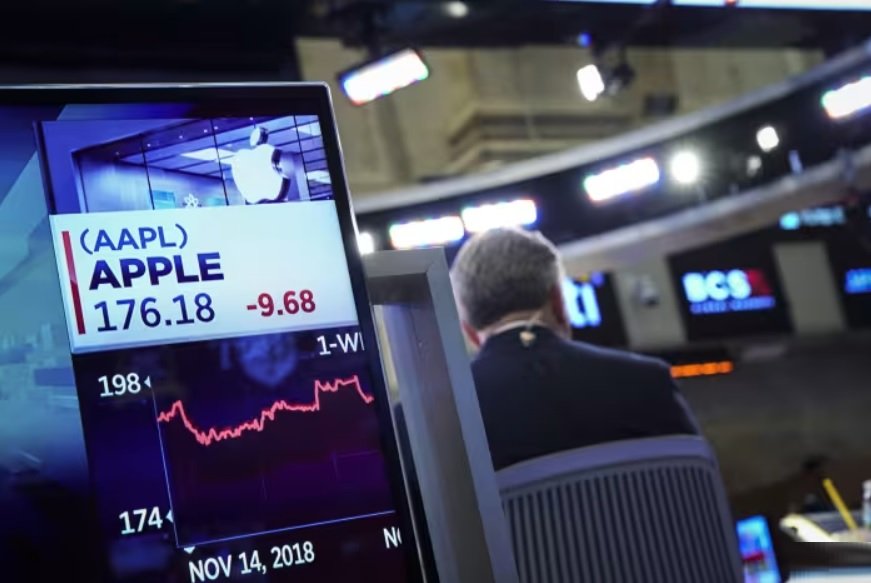Entering the year, there were high hopes for some of the biggest companies in the world. However, as January has unfolded, some concern has started to emerge on the stock market. Apple (AAPL) has emerged as the subject of some, as its expected 4% revenue jump in Q1 has yet to deter some nerves from Wall Street analysts.
The company is currently the largest on the planet by market cap. Moreover, they boast some of the most popular consumer tech products in the world. However, there are plenty of reasons to be cautious, including ongoing legal issues and waning interest from Chinese customers. But just how bad can it get for Apple in 2025?
Source: Drew Angerer / Getty Images
Also Read: Apple Stock: Wall Street Predicts If AAPL Can Breach $300 in 2025
Apple Q1 Revenue Bump Expected as Analysts Are Still Worried
Entering the year, Apple emerged as one of the key stocks to watch. Indeed, it had lofty expectations as it ended the 2024 fending off Nvidia (NVDA) to remain the largest company by market cap. Now, it has its eyes on being the first company in the world to surpass the $4 trillion mark.
Its chances to do so were pretty good at the start of the year. However, they have lessened in the first few weeks of January. Now, with Apple (AAPL) expecting a 4% revenue jump in Q1, it hasn’t deterred analysts from being wary of the stock as it approaches what are crucial several months.
Source: Pixabay
Also Read: Citi Gives Apple Stock Buy Rating: Can AAPL Hit $300 in 2025?
KeyBank Capital Markets analyst Brandon Nispel noted the importance of the incoming Q1 results. Set to arrive on the 30th of the month, he maintained an underweight rating with a price target of $200. Indeed, Nispel notes that the company may match Wall Street earning projections but will not “satisfy market expectations” when its data arrives.
Apple sales are projected to be up 2.1% to reach $71.2 billion. Moreover, those lead to expected income above $124 billion, a 4% increase. However, Disnepl notes that challenges are present, with the company facing a lack of AI-driven updates, its iPhone ban in Indonesia, and Chinese competition.


